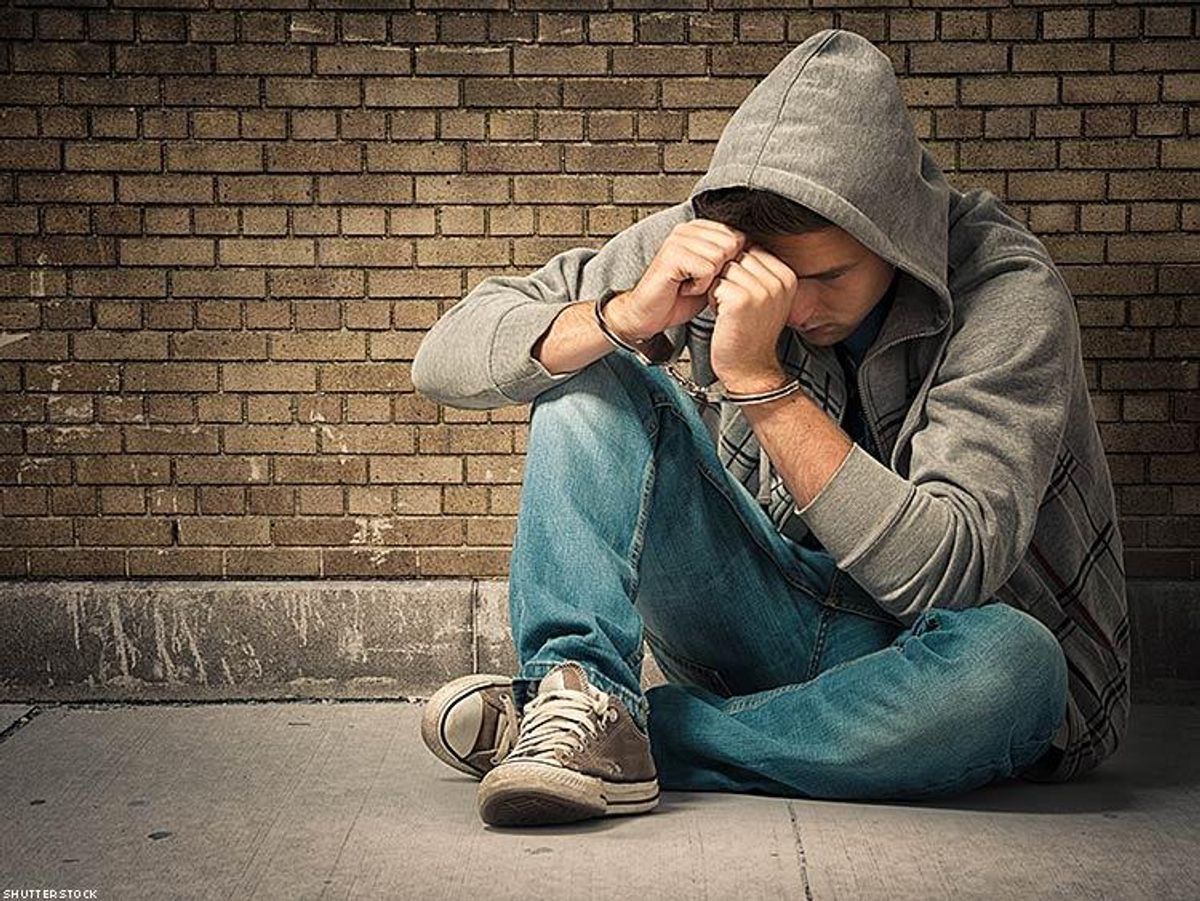Co-organized by SERO Project and Positive Women’s Network-USA, the HIV Is Not a Crime II National Training Academy has been taking place this week in Huntsville, Alabama. When people living with HIV gather to teach each other best practices for fighting criminalization laws, you know you're going to learn something meaningful. Here are some of the highlights from Wednesday's plenaries, breakout sessions, and workshops:
1. The mere fact that you are HIV-positive can turn a charge from a misdemeanor to a felony.
2. Because of that, women living with HIV often plead guilty to HIV-related criminal charges just to avoid their cases becoming felonies.
3. According to the Williams Institute, out of 390 HIV criminalization incidences brought to trial in California, 389 resulted in convictions. Prosecutors are nearly guaranteed convictions.
4. Michael Johnson, the college wrestler sentenced to 30 years for allegedly transmitting HIV to a sexual partner, was imprisoned for 90 days without access to HIV meds.
5. Michael Johnson’s lawyer’s opening words to the jury were apparently, “You have to consider my client guilty until proven otherwise.” The judge reportedly corrected the public defender — "I believe you meant to say 'innocent.'"
6. Nushawn Williams was sentenced to 12 years for allegedly transmitting HIV to multiple women 18 years ago — and there are still questions about whether he is actually even HIV-positive — yet he remains locked up under a New York civil-confinement law allowing prosecutors to extend sentences indefinately when an inmate could be considered a threat to the public.
7. Ohio criminalizes "loitering" after you've received a positive HIV test result.
8. When the activists working to modernize Colorado's STI laws weren’t able to repeal all elements of HIV criminalization they inserted language that requires prosecutors to “prove transmission” between the two individuals, a task not scientifically possible to acheive.
9. The Centers for Disease Control and Prevention isn’t funding any outreach to or studies involving sex workers, nor are sex workers included in the National HIV/AIDS Strategy.
10. Laws with language like “loitering for the purpose of prostitution” or “manifesting the intent to prostitute” are disproportionately employed against transgender women.
My favorite quotes of the day:
“A virus is not a crime. It shouldn’t be used in charging crime. Charge the crime, not the virus.” — Lieutenant Colonel Ken Pinkela who was criminalized under military law.
“The minute people hear I’m a sex worker, suddenly I’m the dirty vector-whore spreading everything.” — Cris Sardina of Desiree Alliance, a network of sex worker-led organizations.
“We are who we have been waiting for. This is for us to do. This is winnable. If we don’t have time to do this, we don’t have time to save our own lives.” — Waheedah Shabazz-El of Positive Women’s Network, on fighting HIV criminalization in Pennsylvania.
“Our courts have said HIV is a deadly weapon. My bodily fluids are a deadly weapon, my genitals are a deadly weapon in Texas. Sex while positive is not criminal.” — Venita Ray on fighting HIV criminalization in Texas.
















































































